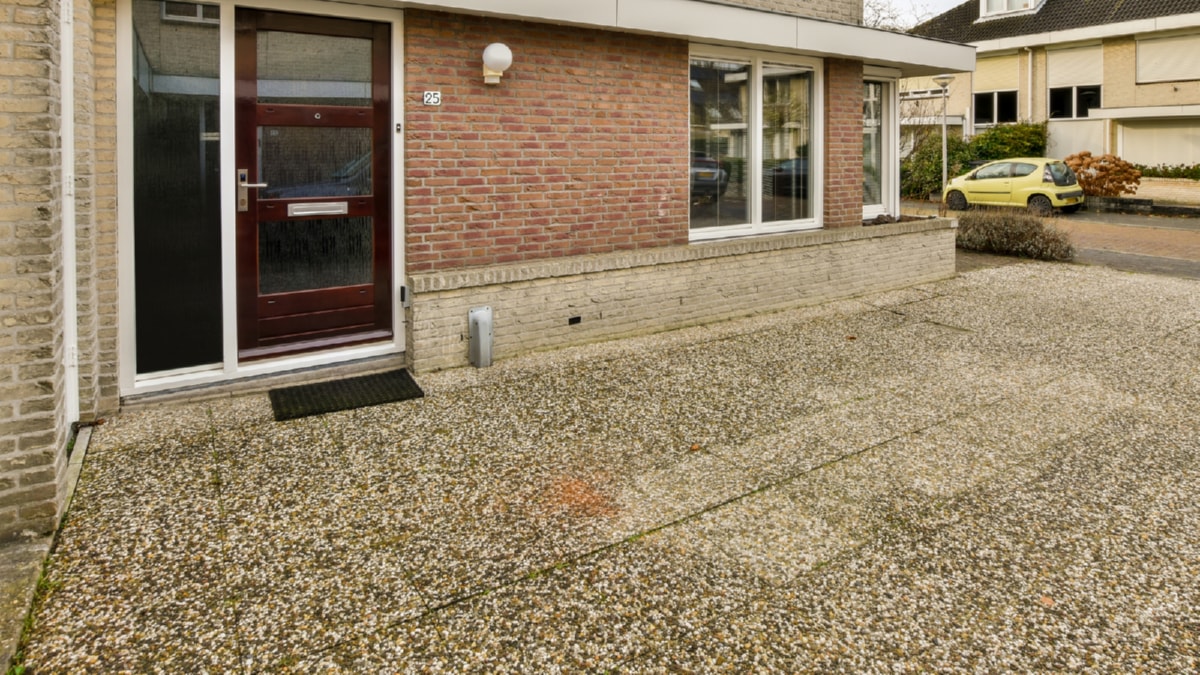The modern construction industry has witnessed a significant transformation, primarily owing to the rapid advancement of technology in recent years. Technology has emerged as a powerful enabler, driving efficiency, enhancing safety, and fostering innovation in construction practices.
One of the most revolutionary technological advancements in the construction industry is Building Information Modeling (BIM). BIM is a digital representation of the physical and functional characteristics of a facility. It serves as a shared knowledge resource for information about a facility, forming a reliable basis for decisions during its life-cycle from inception onward. BIM not only improves visualization, productivity, and cost estimation but also stimulates the collaborative nature of construction projects.
Another significant technological breakthrough is the use of drones or Unmanned Aerial Vehicles (UAVs). Drones have been instrumental in providing aerial insights, enabling site inspections, progress tracking, and high-resolution photography. This bird’s eye view of construction sites can help identify potential hazards, ensure workers’ safety, and maintain project timelines.
The advent of 3D printing in the construction industry has also been transformative. 3D printing or additive manufacturing allows builders to fabricate components off-site and then assemble them on-site. This technology minimizes waste, reduces labor costs, and accelerates project timelines. Moreover, 3D printing is paving the way for more complex and creative architectural designs that were previously challenging or impossible to execute.
The integration of Artificial Intelligence (AI) and machine learning in construction is another influential trend. These technologies are being used for predictive maintenance, risk mitigation, and productivity enhancement. AI can analyze vast amounts of data to identify patterns and predict potential delays due to weather conditions, logistical issues, or other unforeseen circumstances.
Augmented Reality (AR) and Virtual Reality (VR) have also made their way into the construction sector. These immersive technologies allow architects, engineers, and construction managers to visualize the finished product before construction begins. They can explore the structure in a virtual environment, making necessary adjustments and identifying potential issues, thereby reducing errors and saving costs.
In addition, the Internet of Things (IoT) is playing a crucial role in improving on-site safety and efficiency. IoT devices can monitor conditions and send alerts about potential safety hazards. They can also track equipment usage and maintenance needs, which can lead to significant cost savings.
Green technology is another area where technology is making a massive impact on the construction industry. Advanced materials and techniques are enabling the creation of energy-efficient and environmentally friendly buildings. These include cool roofs, green insulation, energy-efficient lighting and appliances, and water-saving plumbing systems.
In conclusion, technology is revolutionizing the construction industry, reshaping traditional practices, and creating new possibilities. It is enhancing efficiency, safety, and sustainability while opening doors to innovative design and construction techniques. However, to fully leverage these benefits, construction companies need to embrace change, invest in training, and be willing to rethink their traditional ways of working. The future of construction is undoubtedly digital, and the industry must adapt to stay competitive.
For more details, check best masonry services or visit their business listing here.



